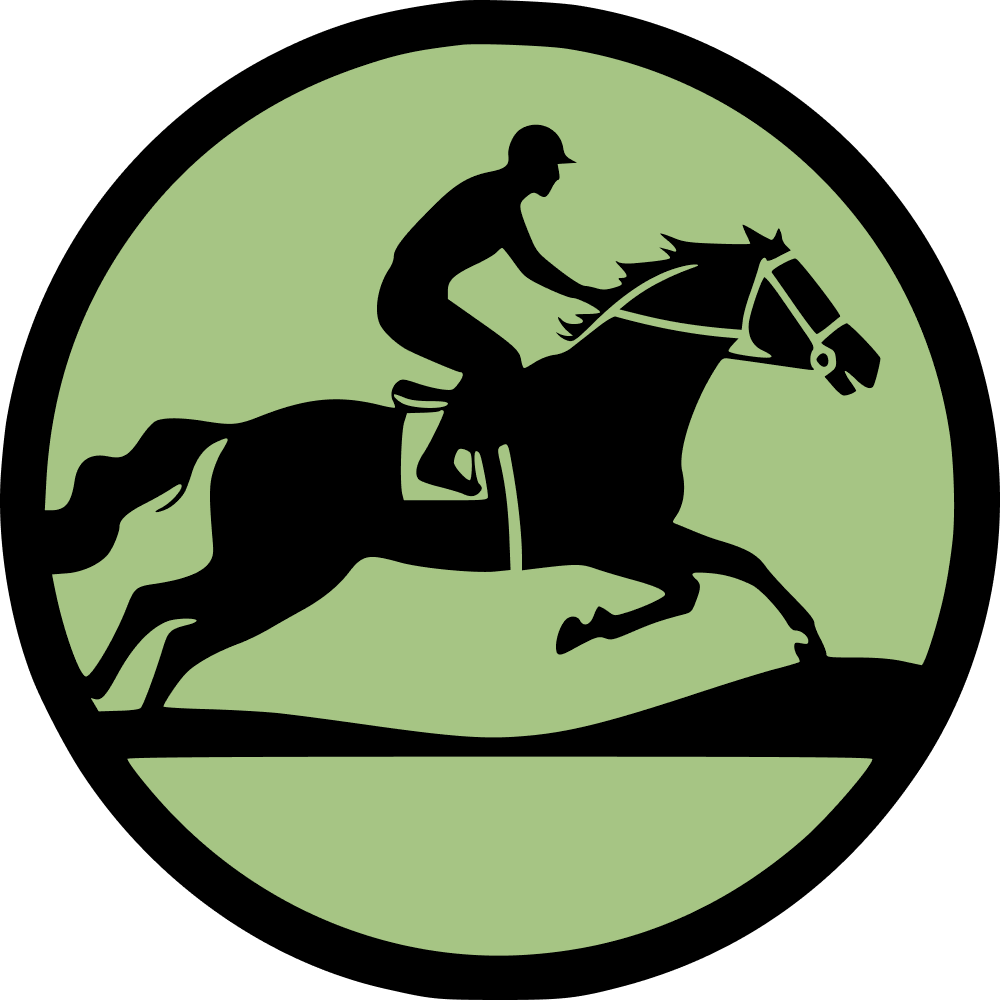The Canadian Triple Crown for thoroughbred horses, dubbed the "Thrice Crowned," stands as the pinnacle of equine excellence in Canada. This prestigious event consists of a captivating trilogy of races, each presenting progressively challenging distances and diverse surfaces. Exclusive to three-year-old purebred horses of Canadian lineage, the competition welcomes not only stallions and mares but also geldings.
The inception of the Triple Crown concept traces back to 1853 in England, inspired by the remarkable achievements of the British racehorse West Australian. This extraordinary steed clinched victory in 9 out of 10 races during the 1853 season, including the prestigious 2000 Guineas at Newmarket, the Epsom Derby, and the St. Leger in Doncaster. To immortalize West Australian's feats, the Triple Crown series was established.
This concept crossed the Atlantic and took root in North America, gaining official recognition in Canada in 1956. Since its establishment, seven horses have achieved the coveted Triple Crown, with two of them being fillies. Prior to the formalization of the Triple Crown, five other horses had triumphed in this series, making a total of 12 official winners.
The inaugural triple-crowned horse, the Queensway filly in 1932, earned a place in the Canadian Racing Hall of Fame. The most recent victor was the stallion Wando in 2003, leaving an indelible mark on the history of Canadian horse racing. The esteemed Corona tracks now eagerly anticipate the next set of series champions.
It is worth noting that all stages of this exhilarating race unfold within the province of Ontario.

The inaugural event in the Canadian Triple Crown series, the Queen's Plate, unfolds in August at the esteemed Woodbine racetrack in Toronto. Covering a distance of 1 ¼ miles, the race takes place on artificial turf, a unique amalgamation of sand, wax, and fibers. Historically associated with the reigning Canadian monarch, the stage's name transitioned to King's Plate in December 2022. The prize fund for this legendary race stands at an impressive 1 million Canadian dollars.
The race's storied history dates back to 1859 when Toronto's racing enthusiasts sought Queen Victoria's approval to provide a plate from the royal table as the race's prize. Initially, a 50-guinea plate was awarded, but in contemporary times, winners receive a prestigious gold cup in lieu of the royal service plate.
Moving to the second leg of the series, the Prince of Wales Stakes takes place in September at the Fort Erie Race Course. Covering a distance of 1 and 3/16 miles on an unpaved surface, the race boasts a prize fund of 400,000 Canadian dollars. Originating in England in 1862 to honor the Prince of Wales, this race made its way to Canada in 1929.

The climactic conclusion to the Triple Crown, the Breeders' Stakes, unfolds in October at Woodbine, once again. With a prize fund of 500,000 Canadian dollars, the race tests the mettle of horses and jockeys as they navigate a mile and a half on the Taylor Turf Course. The unpredictable October weather, often transforming the track into a challenging mud bog, adds an extra layer of difficulty.
As the series progresses, excitement builds, with heightened anticipation after the Queen's Plate. Bets on the stage winner surge, creating an atmosphere of suspense leading up to the Prince of Wales Stakes. For those who fall short, hopes are deferred to the following year, providing an opportunity for horses to clinch two out of three races and elevate the status of their trainers and breeders.
The pinnacle moment arrives with the Breeders' Stakes, where the atmosphere at the racetrack reaches a fever pitch. A victory by the favorite, who has triumphed in the first two distances, sparks wild celebrations, turning the champion into a national treasure highly esteemed for their breeding prowess. The illustrious list of Triple Crown winners concludes with Wando, the triumphant 2003 Triple Crown champion.

On May 9, 2023, Canada's western provinces made a historic announcement, unveiling the establishment of the Triple Crown of Western Canada.

The inaugural stage of the Western Canadian Triple Crown unfolded on August 7, 2023, at Assiniboia Downs Race Course in Winnipeg, Manitoba. Hosted as the 75th Manitoba Derby, the race boasted a prize fund of C$125,000 and garnered approximately $435,000 in bets. Covering a distance of 1 1/8 miles, history was made as the stallion Mano Dura emerged as the first-ever victor in the new Triple Crown.
Moving to the second stage, the Canadian Derby took place on September 27, 2023, at the Century Mile Racetrack and Casino in Edmonton, Alberta. Spanning a distance of 1 mile and a quarter, with a prize fund of 200,000 Canadian dollars, the stallion Abeliefinthislivin secured victory and etched its name in the annals of the Canadian Derby.
The third and final round of the series, the British Columbia Derby, unfolded at Hastings Race Course in Vancouver, British Columbia, on September 16, 2023. Covering a distance of 1 1/8 miles, the race featured a prize fund of 125,000 Canadian dollars. The stallion Accidental Hero claimed victory in the 76th British Columbia Derby.
Despite the anticipation, the organizers of the Western Canadian Triple Crown, in 2023, were unable to award the additional prize of $100,000 to the owner of the Triple Crown-winning stallion.
Breeders are now eager for the "Thrice Crowned" champions to uphold the high standards of the breed. These horses are not only awaited by their owners as a valuable family heirloom but also serve as a source of pride. Spectators and fans eagerly await their performances, finding inspiration and renewed faith in the belief that the seemingly impossible can indeed become a reality.

